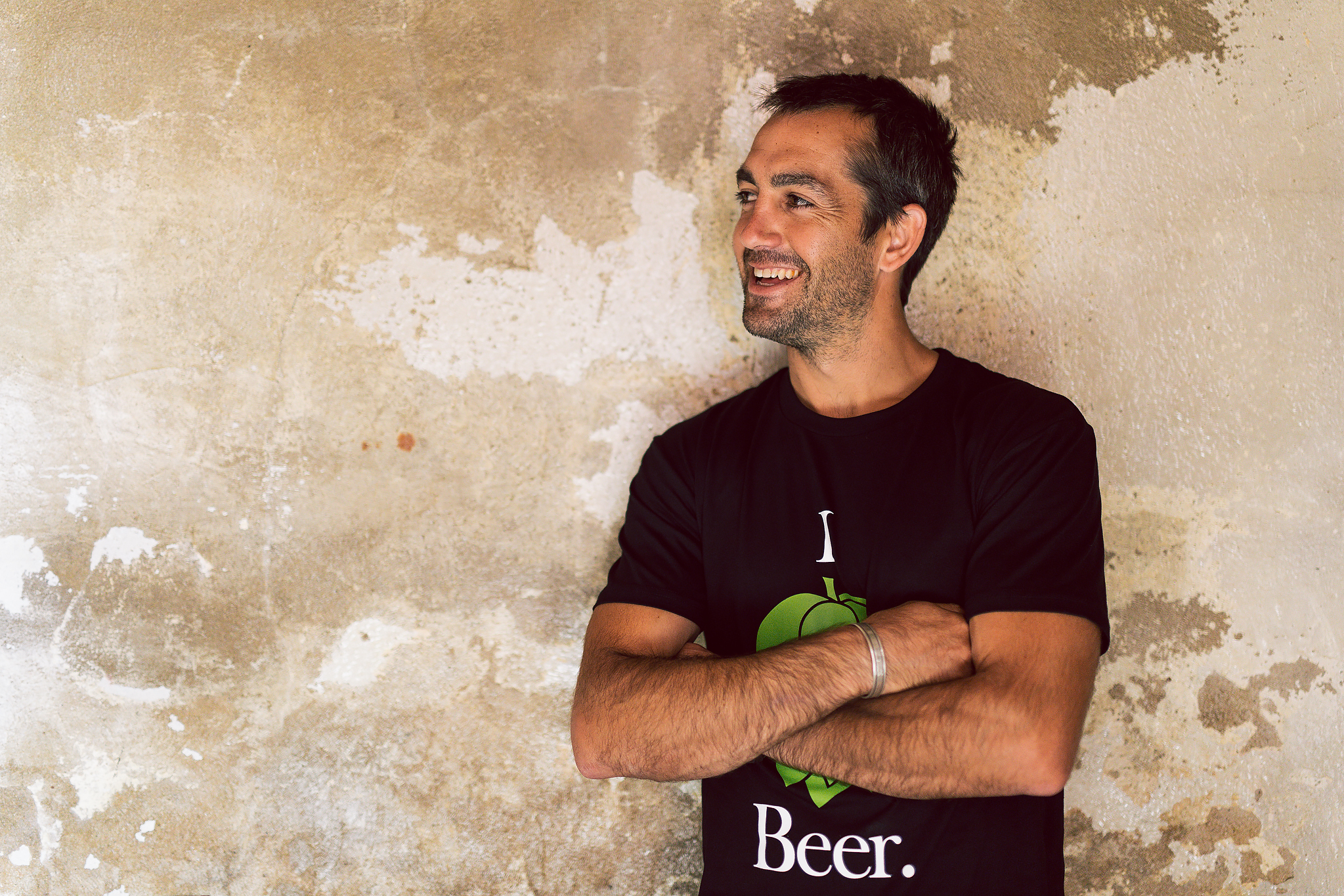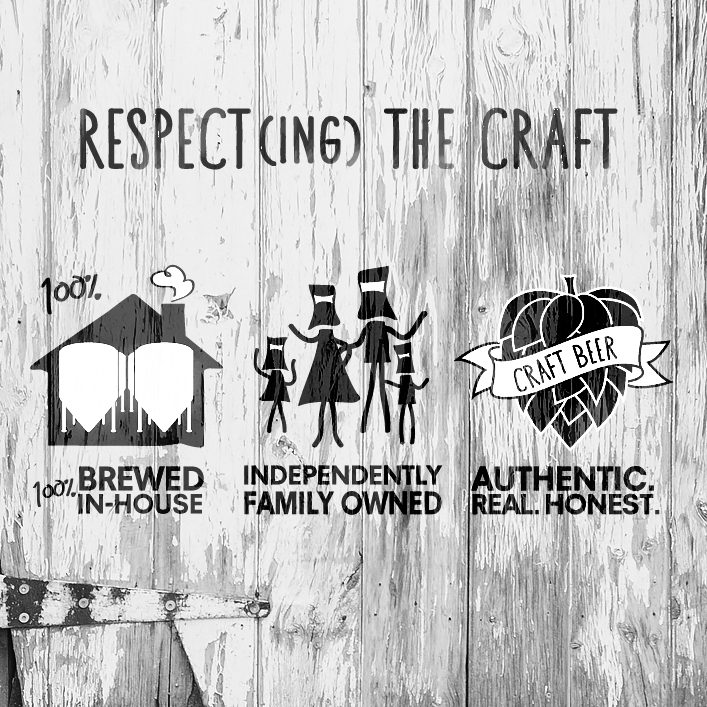
Crucial to differentiate from multinationals: Ben Kraus
Australia’s independent craft brewers have little chance of replicating the growth achieved by their US peers if they cannot differentiate their products from those owned by multinationals, says Bridge Road Brewers founder Ben Kraus.
Kraus told Radio Brews News that independently owned craft breweries currently account for only a “miniscule” percentage of Australia’s beer market and it may be very misguided to simply assume this current one or two per cent share will ever reach double digits, as it has in the US.
He said this was because Australian corporations had the “benefit of hindsight” from the US experience and were therefore much quicker to exploit the growing craft beer segment.
“We’re still a really, really small percentage of the Australian beer market… and already we’re seeing more ingress from the big guys buying smaller breweries or creating new brands. The supermarkets have got their own brands,” said Kraus.
“I think that happened much later in the States. If you look at Stone, Dogfish Head and Sierra Nevada, the growth they had was sort of allowed to happen before the smart business guys in the beer industry realised the potential of the market.”
“Maybe things won’t happen that way [in Australia] because big business has jumped on it much sooner, before it’s had its potential to grow organically from grassroots brewers,” he said.
Respect(ing) The Craft
Kraus said these market dynamics are why it is particularly important for Bridge Road to spell out what sets its beers apart by way of its new authenticity campaign – Respect(ing) The Craft.
“Other beers perhaps made by a large corporation are smashing us on price, how can we differentiate ourselves – apart from making great beer?” he asked.
He said a brand such as Yenda, which ispostured as that of a regional craft brewery but is ultimately owned by the likes of Coca-Cola Amatil, “could be a good example of a company we’d like to differentiate ourselves from”.
“We don’t look too dissimilar on a shelf, even as much as, they had a really good idea as we did about communicating hop and malt profiles. What’s the difference to a consumer between that product and Bridge Road, apart from [it’s] $4 cheaper a six-pack?
“If our six-pack says family-owned and independent, maybe that would convince someone to consider our beer over someone else’s.”
He said that putting these positive messages on its own labels is Bridge Road’s way of getting on the front foot when its competitors’ labels are in his viewnot as transparent as they could be.
“If another beer had Coca-Cola written on it would you buy it? Maybe not. That’s not going to happen, so what can we do to point out what we do is different and perhaps give people the choice to decide what they put value on?”
Watching Yenda with interest
Kraus said he had been intrigued at the “deconstructed marketing approach” employed by Australian Beer Company – the Coca-Cola Amatil and Casella Family brands joint venture – in bringing the Yenda brand to market.
“There’s a big budget for marketing but the approach is definitely to make it look like it was done on a small budget,” he said.
“My guess is that the progression of that will be building the brand into a smoother, stronger brand over time, which may be trying to paint the picture of, ‘this business has now grown and now we can afford marketing’ – which is really interesting and probably a smart way of doing things.”
Episode 80 of Radio Brews News is available to download here.





